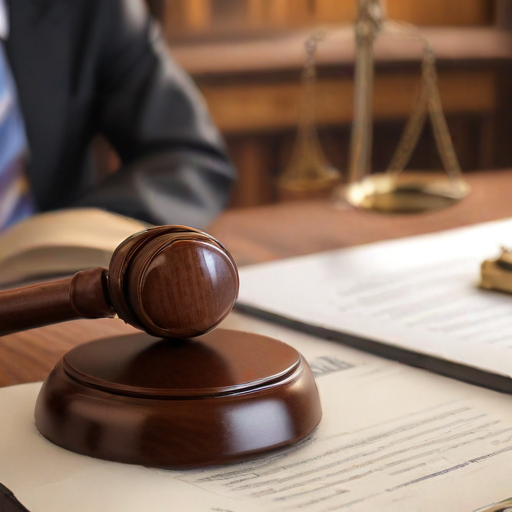Judges from the International Criminal Court (ICC) have stated that there are reasonable grounds to believe that three men, including prominent Israeli officials, hold “criminal responsibility” for alleged war crimes and crimes against humanity in connection with ongoing conflicts from at least October 8, 2023, to May 20, 2024. This announcement comes as the Court issued arrest warrants following Israel’s unsuccessful challenges to the ICC’s jurisdiction.
The court specifically identified Israeli Prime Minister Benjamin Netanyahu and Defense Minister Yoav Gallant as co-perpetrators in committing the war crime of starvation as a method of warfare, alongside acts categorized as crimes against humanity, including murder, persecution, and other inhumane acts.
In addition, a warrant has been issued for Mohammed Deif, a military commander of Hamas, alleging that he is responsible for serious violations such as murder, extermination, torture, and sexual violence. It should be noted, however, that Israel claims Deif was killed in an airstrike in Gaza in July, although the ICC continues to investigate his status.
Ongoing investigations by the ICC suggest that there may be additional warrants to follow, especially as violent incidents persist and reports of continuing violations of international law mount in the Occupied Palestinian Territory. In light of the war and the desperation felt by families of hostages, the Court has chosen to share information about these arrest warrants, as classified as “secret”, to ensure transparency and protection of victims’ rights.
ICC Prosecutor Karim Khan has emphasized the need to focus on the victims of international crimes in both Israel and Palestine during this critical time. He asserted the role of the law in vindicating the rights of all individuals affected by these conflicts and called for cooperation among states to uphold judicial orders.
As an independent entity established by the Rome Statute, the ICC aims to hold accountable those responsible for serious international crimes when national courts are unable or unwilling to do so. The court’s actions reflect a commitment to justice and the fight against impunity, while also seeking to support victims during this turbulent time.
Overall, this situation highlights the ICC’s crucial role in maintaining international law and accountability in the face of ongoing conflicts, underlining the need for collective efforts towards justice and healing for those affected.
